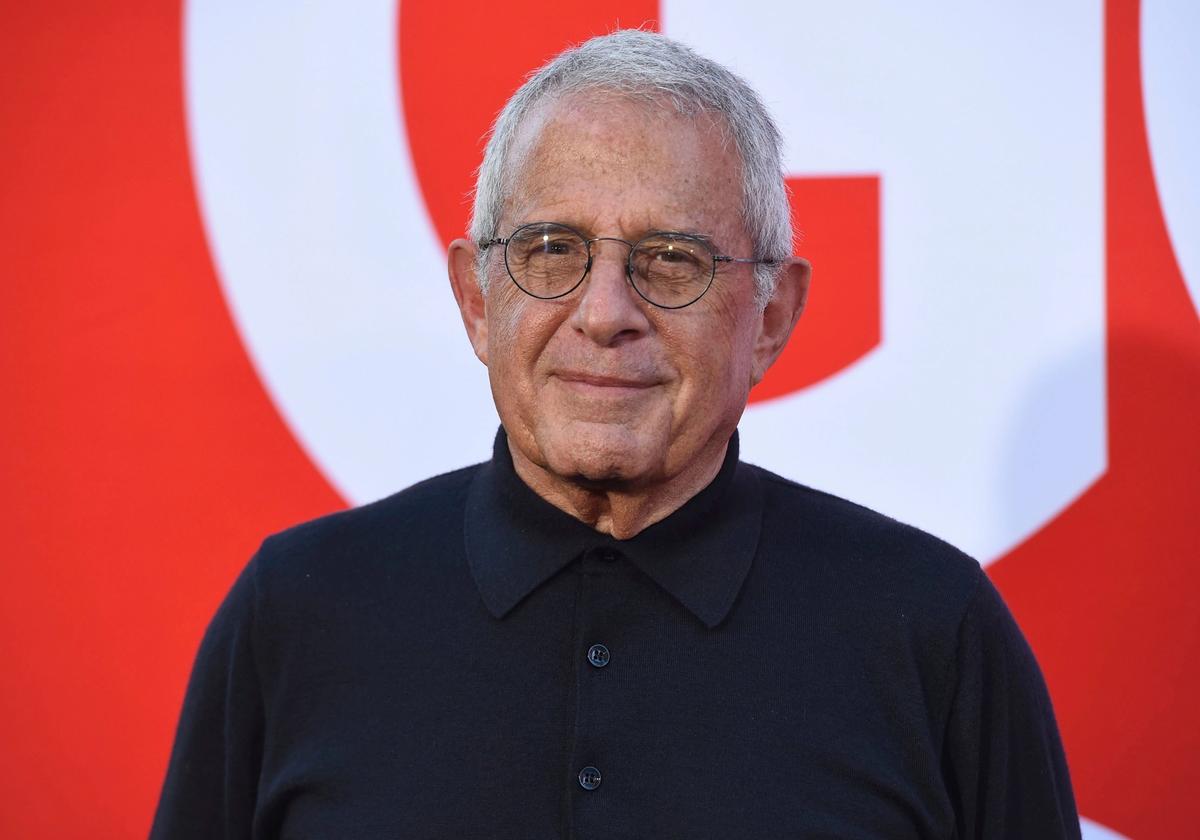The Hollywood film executive Ron Meyer has filed a $10m lawsuit against two art dealers who he claims sold him a forged Mark Rothko painting.
The vice chairman of NBCUniversal and co-founder of Creative Artists Agency (CAA) purchased the painting in 2001 from the New York dealer Susan Seidel upon the recommendation of a California-based dealer Jamie Frankfort, who introduced them, for $900,000. Frankfort was paid a $45,000—a 5% commission for brokering the deal.
Meyer claims that with the knowledge and approval of Frankfort, Seidel misrepresented to him that the work was a Rothko by saying it had been signed by the artist and acquired directly from him by the seller's family, according to the complaint filed in Los Angeles county court on Tuesday. Furthermore, Seidel allegedly said the painting had been accepted into a catalogue of Rothko's work that was in the process of being compiled.
The forged canvas was on display in Meyer’s California home for nearly 20 years until this January, when he learned the work is a “total forgery, that it has essentially no value at all, that it had never been accepted for inclusion in the Rothko Catalogue Raisonné and that it had never been owned, possessed, signed or even seen by Rothko or acquired from Rothko by the seller or the seller’s family or anyone else," according to the complaint.
Meyer is suing Frankfort, Seidel, her company, and five John Does for fraud and breach of warranty and seeking $10m—the amount he his lawyer, Bertram Fields, suggests the painting would be worth today were it an authentic Rothko. In the event that defendants claim they did not know it was fake and were simply negligent, he is alternatively pursuing a claim for rescission and a refund of the original total payment amount of $945,000 back plus interest and attorney’s fees.
"Ron Meyer is probably Hollywood’s best liked person. The people he’s quietly helped are legion," Fields tells The Art Newspaper. "It’s a shame that Ron, of all people, should have been stuck with an expensive but fake painting. We’ll try to right that wrong."
Seidel did not respond to a request for comment by the time of publication.
"There is an emerging onus placed on art buyers to do their due diligence before buying expensive works of art," says art law litigator Sam P. Israel. "The doctrine is being tested by challenges as to whether a presumably informed buyer exercised sufficient care in purchasing the art work."
Meyer's lawsuit follows the eight-year, high-stakes Knoedler gallery legal battle, which revolved around the sale of several fraudulent works, among them a $5.5m Rothko.


